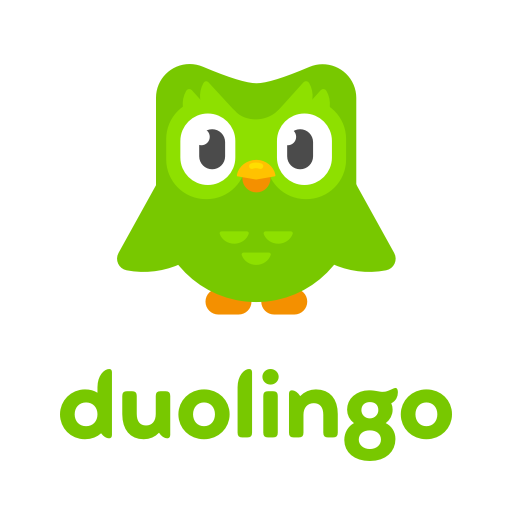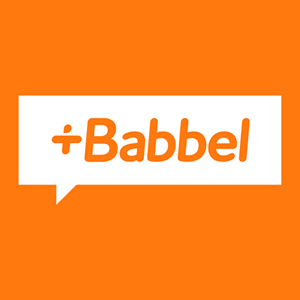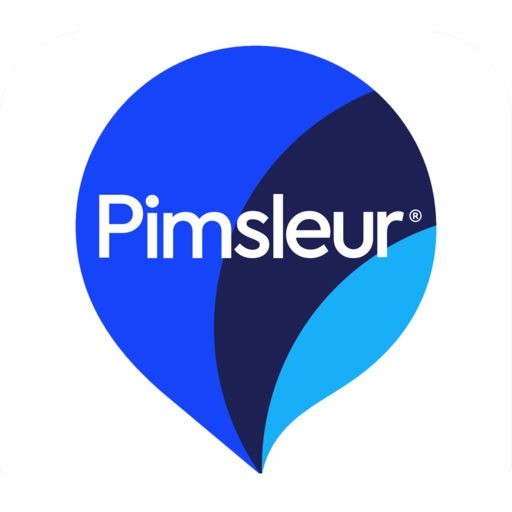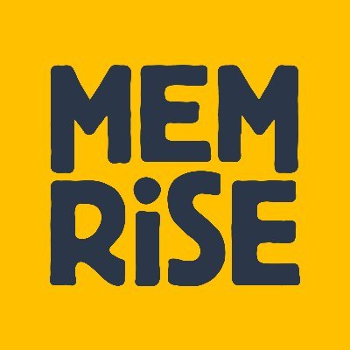January 31, 2022
Let's talk about apps!
A comparison of five of the most popular language apps
A lot of people are using apps these days to help in their language learning, but there are so many to choose from that it’s hard to know which is right for you. Here’s a breakdown of 5 popular language learning apps to help you figure out what might be best for your goals and learning style. Keep in mind that apps aren’t magical software that will get you from zero to fluent in a month; consider them just one tool in your language learning toolbox. [Note: if you don’t have a smartphone, most of these are available as a website as well]



Duolingo is free. It’s made to feel a lot like a game with a point system that makes you want to keep up your streak and practice daily. With the options of doing lessons that are only 5 minutes long, it can be really easy to fit in to your schedule. On the other side of the coin, 5 minutes isn’t a lot of time to really let your brain get into the learning process, and the focus on a game-like experience can leave less room for breaking down concepts and really pushing your language skills. Duolingo also tends to include many ‘silly’ sentences (ex. ‘The bear eats penguins’): this is in some ways a positive thing because the humor and distinctiveness may help you remember how to conjugate the verb ‘to eat’; at the same time, you aren’t likely to ever use that sentence in your actual interactions with speakers. The audio samples generally seem to be computer-generated, but whatever system they use is clearly very high quality because the difference between that and a voice actor recording each sentence is pretty minimal.
Babbel is subscription-based and ranges between $6.95 and $13.95/month, depending on how many months you commit to. Lessons generally take between 12 and 20 mins - not quick enough that you can fit it in while waiting for your coffee to brew, but quick enough that you might be able to fit it in during a 15-min afternoon coffee break. The interface is clear and fairly easy to use but not necessarily built like a game. The sentences and dialogues are recorded by voice actors, so they have a natural human intonation. They’re also based on things that you might say in everyday circumstances. It’s a pretty broad approach to language teaching, with chances to listen to, read, write, and speak the language. However, the voice recognition technology used to assess speech isn’t always spot on, and it may not be your best choice if you are a learner who loathes direct grammar lessons (it will sometimes make you conjugate verbs) or wants to put most of your energy into mastering your speaking/listening skills (it will call you out for spelling mistakes).
Pimsleur as a subscription-based app costs $14.95/month for the standard version and $19.95/month for a premium version that has some extra perks like flashcards and a conversational roleplaying tool. A lesson is 30 minutes long, and Pimsleur puts a lot of emphasis on speaking and listening; they use voice actors for natural sounding speech and often break down words into syllables to help perfect pronunciation. Pimsleur used to be a series of audio CDs or tapes and was sometimes criticized for not including any written components, but the new version in app form has some options for people who want to work on written language, though Pimsleur is still an app that emphasizes spoken language. ‘Driving Mode’ makes it possible to do a lesson while driving or doing chores. Some people feel like the system puts a little too much attention on formal, polite language; that being said, all language apps can feel a bit stiff (you’re interacting with a computer instead of a person) and any difference between Pimsleur and other apps in that regard seems to be relatively minor.
Rosetta Stone as a subscription-based app can vary in price depending on how many months you commit to: 3 months will cost $11.99/month, while 12 months will cost $7.99/month. Lessons can be as short as 5-10 minutes, though they recommend spending around 30 minutes a day learning. Rosetta Stone puts a lot of emphasis on “immersive” learning that avoids using the learner’s first language. This push for the learner to use context to figure it out is praised by some as great brain-training and criticized by others as being overcomplicated. In addition to the numerous visuals, Rosetta Stone prides itself on its speech recognition software; that being said, speech recognition software - no matter how advanced - can never replace a human for noticing details and giving feedback on pronunciation. The program that was once a CD-ROM has been expanding. Now there is the possibility for adding Live Coaching - scheduled small group lessons with a teacher - but this is only available if you choose the Lifetime Unlimited membership (currently $179) and pay for the coaching on top of that.
Memrise is an app that offers both free and paid subscriptions. The paid subscription costs $8.99 monthly (or closer to $5 a month if you buy a year at a time) and gives some extra perks, like chatbots for practicing conversation. The free model offers a lot of content, and you certainly don’t have to use the paid model to get a good learning experience. It is important to note that the quality of the content can vary. Some courses are officially created by Memrise, some are user-created, and the official courses will be vetted in ways that the user-created courses aren’t. Memrise functions as an interactive flashcards app, introducing new vocabulary and then using spaced repetition to help you retain it. You’re tested with different types of questions: multiple choice, fill in the blank, or tasks to rearrange the sentence in the right order. The official Memrise courses have audio recorded by native speakers and sometimes intersperse short videos. One thing some people like about the app is that it gives not only the translation but also the literal translation. For example “je la connais” translates to “I know her” but literally, it’s “I her know.” Memrise shows both versions of the phrase to ease learners into new sentence structures. Learners can use the official courses or build their own vocabulary and phrase decks on Memrise, but detailed grammar explanations aren’t central to this approach.


These are just five of the most popular apps. Memrise and Duolingo are free, and Babbel, Pimsleur, and Rosetta Stone offer free trials - so give an app a try! (Note: be careful to cancel the free trial if you’re not liking the app. Some of these trials are set to automatically renew into a paid version if you don’t.)